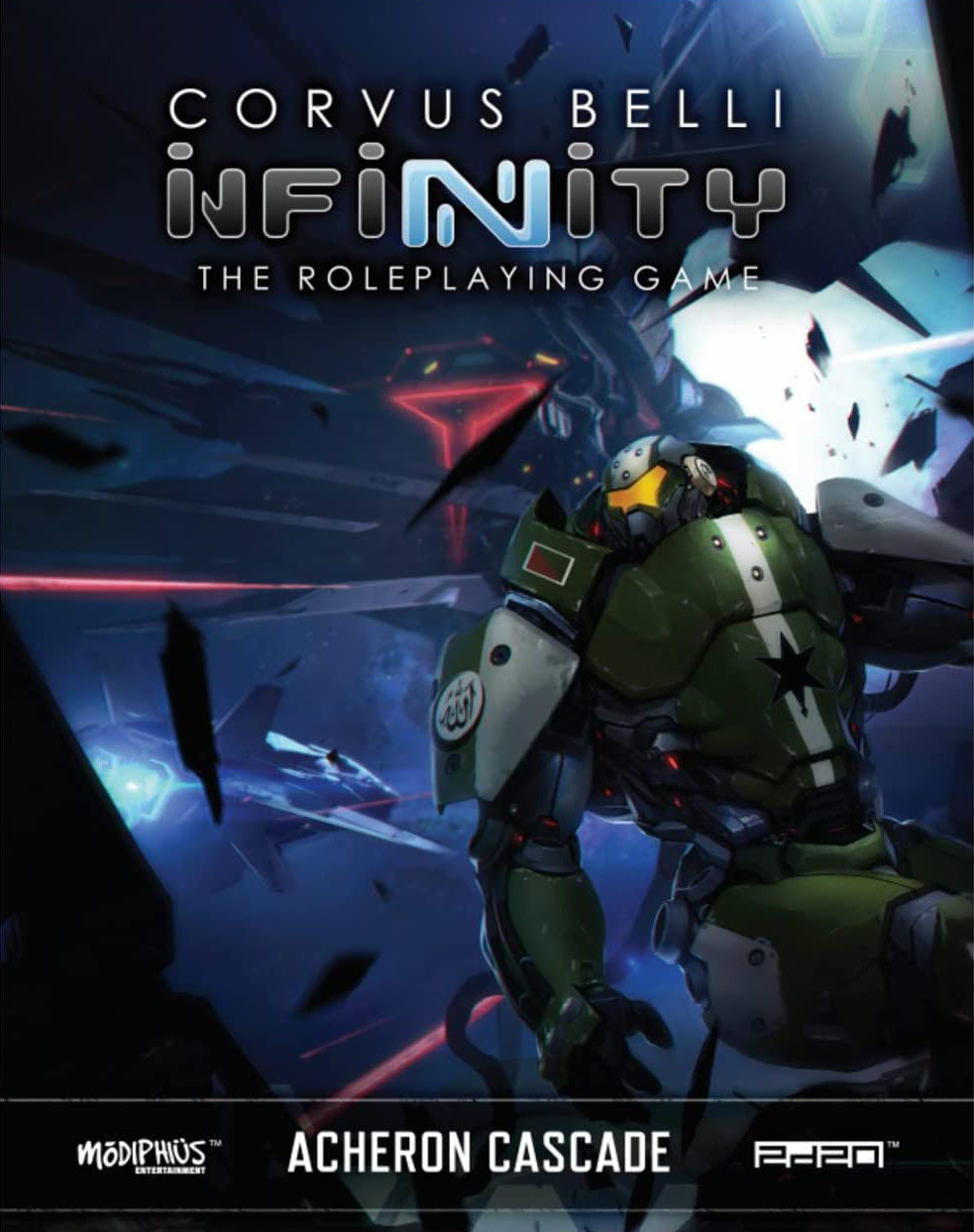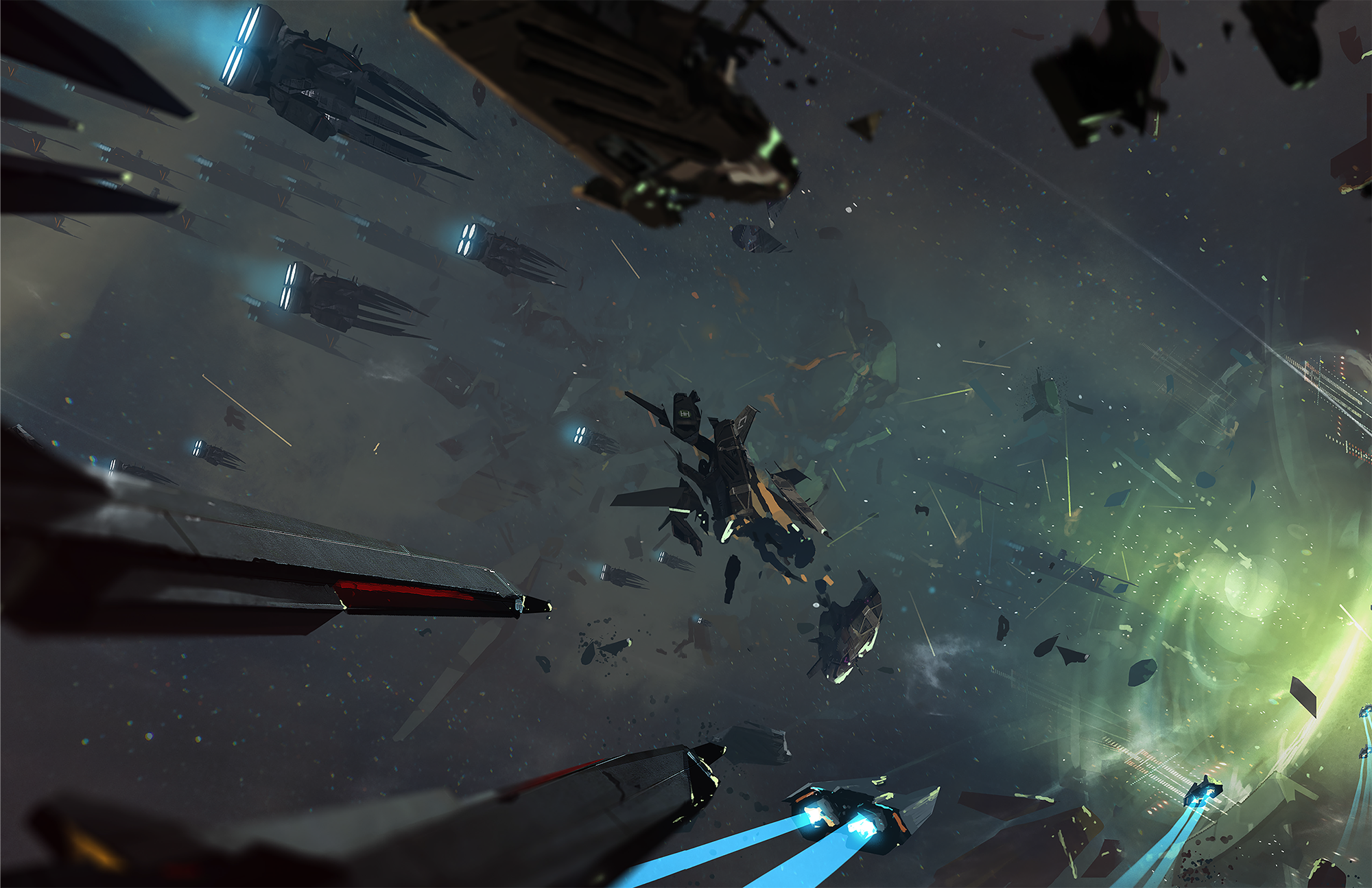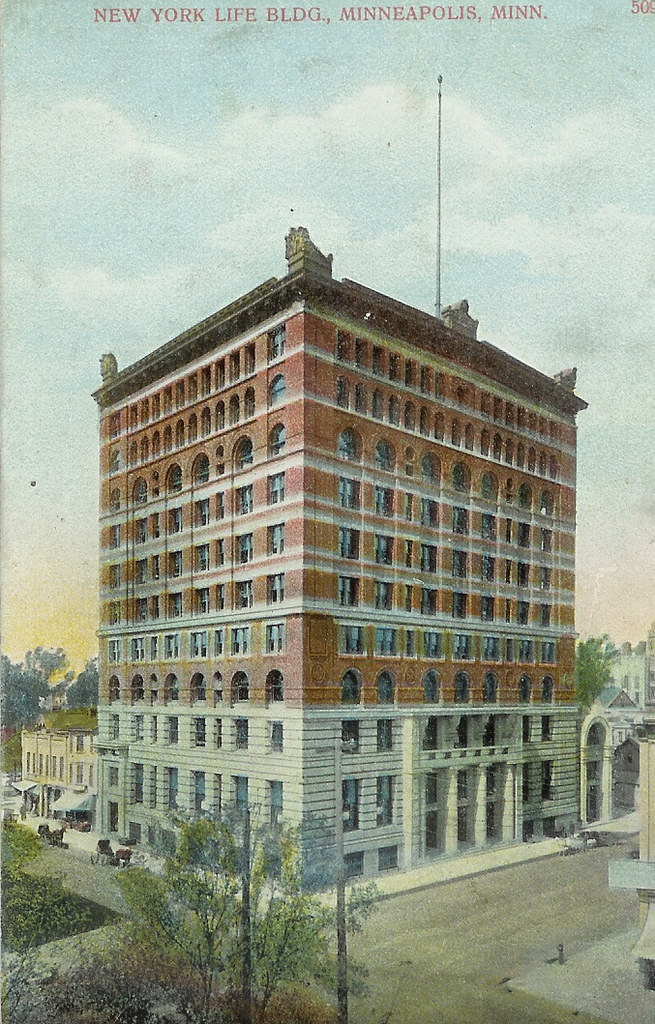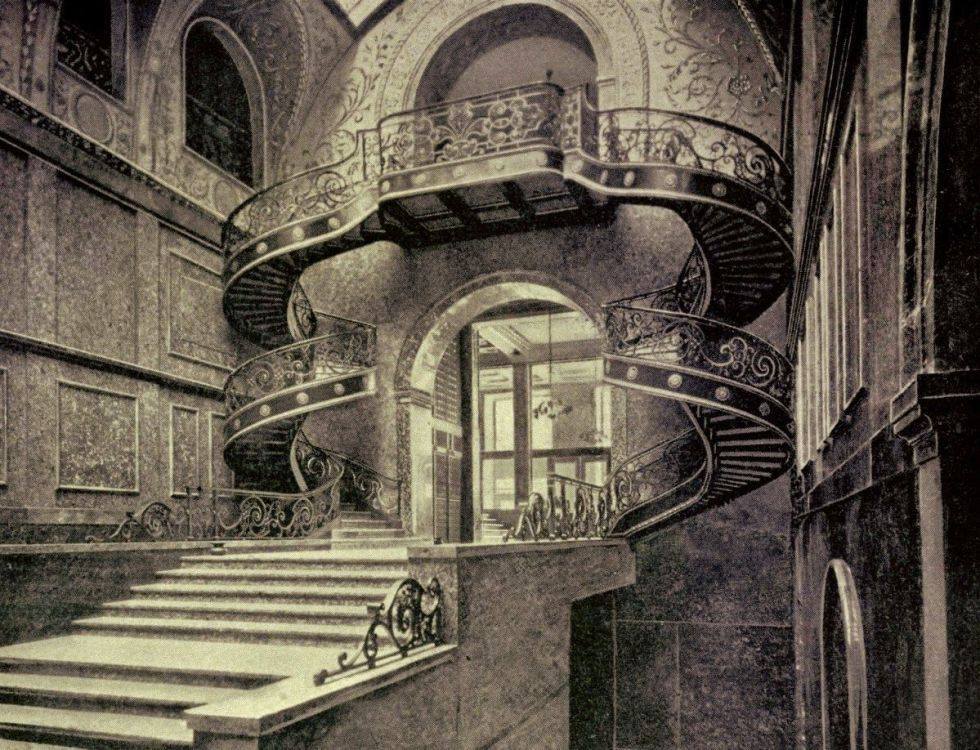
Pacing is tricky.
No matter what medium you’re working in — whether film, theater, prose, or roleplaying games — pacing is ephemeral, subjective, and devilishly difficult to get a grip on. Even absolute masters of pacing will struggle to teach it, and the few rules they offer seem to be more honored in the breach than the observance. Entire books about pacing in film have been written where the practical advice more or less boils down to, “Make the cut at the moment that feels right to you,” and, “Watch movies with really great pacing until you get a feel for it.”
How much more difficult is it, therefore, to teach (and learn!) effective pacing in a roleplaying game? A medium in which, even with the advent of actual play broadcasts, most of the artform is experienced only by those immediately participating?
Nevertheless, pacing is incredibly important. Even pedestrian material can be made compelling with effective pacing, and otherwise brilliant material can elicit glazed eyes and bored players if the pacing is plodding or unfocused.
So I’m going to do my best to give you some concrete, actionable advice for pacing your sessions.
Here are some basics of scene structure in RPGs that we need to understand before diving into pacing:
First, RPG sessions are made up of scenes.
Each scene is framed, introducing the location where the scene is taking place and the characters who are participating in it. (Characters may, of course, come and go as the scene continues. Some scenes will even change location, although a change of location more often suggests that a new scene is beginning.)
Each scene has an agenda, which is the reason we’re playing the scene. This can often be thought of in the form of a question that the scene is answering:
- Can the princess be wooed?
- Will Hou defeat Chaohui?
- Can the goblins convince the PCs to help them fight the dragon?
- Will Jack Hammer find the murder weapon?
If you can’t figure out what the agenda of the scene is (or if the answer is trivial or obvious), then it’s probably not worth playing it out and you should move onto the next interesting question and frame that scene.
When a scene is finished, the GM will either cut or transition to a new scene.
Broadly speaking, pacing can be understood as (a) the choice of when to end a scene, (b) the choice of how to start a new scene, and (c) the speed at which the scene plays out. Collectively, this also encompasses the speed at which the entire scenario and/or session plays out. (You may notice the emphasis on “speed.” That’s why we call it pacing. It’s all about controlling the speed of the narrative.)
THREE TIPS FOR THE BEGINNER
As a beginning GM, you’ve got a lot of balls to keep in the air. Pacing is one more ball that you need to figure out how to juggle, so I’ll give you a bonus tip before we even get started: You might want to leave the Pacing ball in the cupboard for a few sessions while you get a grip on everything else. To at least some extent, pacing will take care of itself, particularly if you’re starting with location-crawls (as I recommend in Prep Tips for the Beginning DM) and it can make a lot of sense to focus on just the essential balls (like making rulings) rather than trying to master everything at once and dropping all the balls on the floor.
When you’re feeling confident, though, here are three practical pacing tips to get your started.
If the scene is about achieving a logistical goal (e.g., interrogate a prisoner until they give you the information), cut to the next scene within one minute of the logistical goal being achieved. (Often you can cut immediately on the goal being achieved, but a little denouement/cooldown is often a good idea.)
Advanced Tip: If the PCs have a logistical goal whose achievement may not be immediately obvious (e.g., searching for clues or an interrogation; have we gotten all the information? or could we learn more?) hold up a sign that says WRAP SCENE on it. (You’ll want to explain this to the players ahead of time.) This gives players “permission” to exit the scene, while also giving them the space to wrap up any loose roleplaying ends they’re interested in.
If it’s a roleplaying scene, cut on the second lull. The first lull in the scene — that moment when the players seem a little uncertain about what they should be doing or saying — is often a pivot: The players have learned what the scene is about and the “uncertainty” is actually them figuring out what they want to do about it. Once they find that new direction, the scene will start chugging again and will often drive forward to a clear and satisfying conclusion.
If you hit a second lull, however, that’s a good sign that the scene’s function is done. Or, at the very least, that the question asked by the agenda cannot be answered this time (e.g., the princess is neither wooed nor unwooed, but no further progress on the wooing will be happening at this time).
If it’s a combat scene, your overriding goal is to resolve the fight faster. No, faster than that. Even faster. Faster. Faster … Okay, that’s not bad.
A few core techniques you can use to achieve this:
- Write down initiative (or whatever other form of clear recordkeeping your initiative system requires, like using a shot counter in Feng Shui). “Anybody going on 17? 16? What about 15?” is absolute death for pacing in combat.
- Put the players on deck. “The goblins are going and then it’ll be your turn, Rob.” Giving players the heads up that their turn is next helps keep them focused and speeds up both perceived and actual waiting times in combat — the former because they’re getting reengaged before their turn; the latter because you actually will be cycling through the initiative order faster.
- Get ahead on resolution by multitasking. Are you waiting for the PC fighter to roll their attack roll and damage? Roll the goblins’ attack dice so that they’ll be waiting when the goblins go next.
- Roll fistfuls of dice. Roll all the goblins’ attacks at the same time and/or roll attack & damage at the same time. If you can get the players doing the same thing, even better! (Check out Random GM Tip: Fistfuls of Dice for more details on this technique.)
As I said, the most important thing here is to keep combat moving as fast as possible. The quicker you cycle through each round of combat, the less time each individual player will be waiting to take their next action. Get it fast enough and the benefits will compound (as the players remain more engaged and can, therefore, resolve their actions faster, resulting in combat going even faster). But the reverse is also true: If combat is too slow, players will disengage, take longer to resolve their actions, and combat will slow down even more.
Advanced Tip: Roll initiative last. Instead of rolling initiative at the beginning of combat, have everyone roll their initiative at the end of the fight and then use those initiative scores for the next combat. That way, when the new fight starts, you can launch directly into it at full speed, instead of pausing to generate, record, and then sort initiative values. (You will, of course, need to anticipate upcoming combats and get your NPCs’ initiative scores recorded while, for example, the PCs are still walking down the hallway towards them.)
FOR THE INTERMEDIATE GM
You’ll have noticed that all of these tips are strictly about speeding things up: Shorter scenes. Faster scene transitions. Quicker combat resolution.
Speed is not, of course, the be-all and end-all of pacing. Quite the opposite: Sometimes you want a slow scene. Sometimes you want to build tension (and release it!). Sometimes you need to find the quiet moments. Sometimes the players need a breather.
But, as a beginning GM, the biggest and most effective improvement you can make to your pacing is to just get all the drag and dead air out of your sessions. So just focus on that for right now!
Once you’ve got everything tightened up and your sessions are humming along like a well-oiled machine, you’ll also be in a much better position to start thinking about where letting things relax is the right choice (and why). To put it another way: A slow-paced scene is only meaningful if (a) it’s a deliberate choice and (b) it stands in contrast to the other scenes in your game.
When you’re ready to take that next step, check out The Art of Pacing.

FURTHER READING
Prep Tips for the Beginning DM
Prep Tips for the Beginning GM: Cyberpunk
Failure for the Beginning GM
Roleplaying for the Beginning GM



















